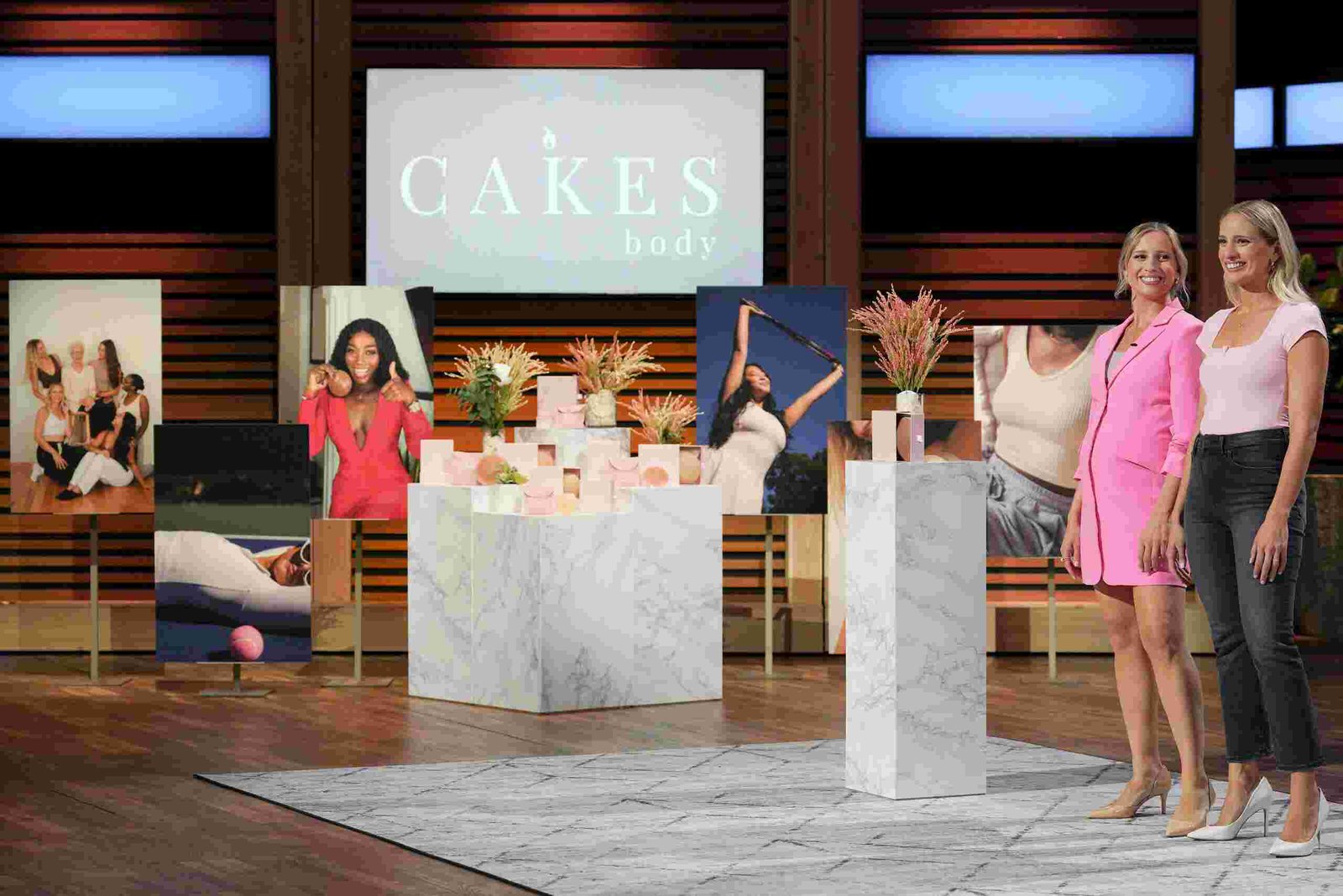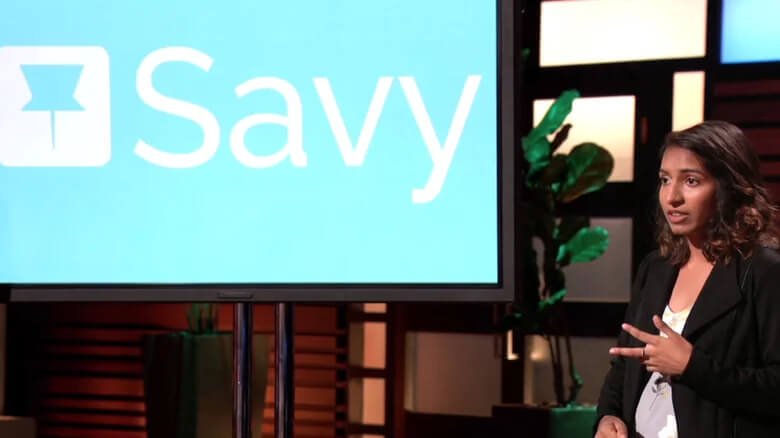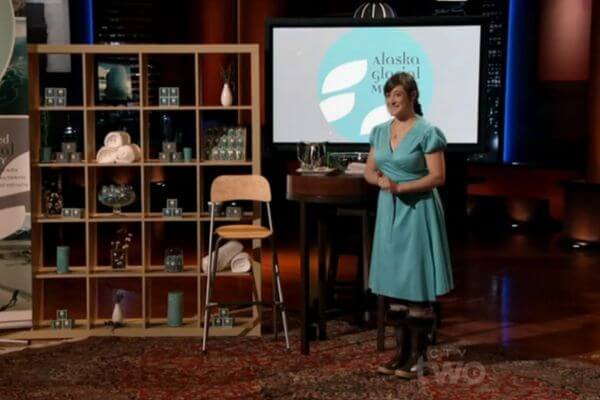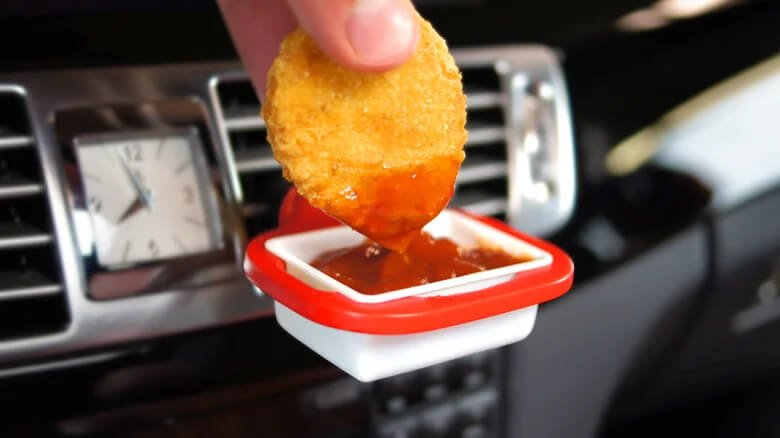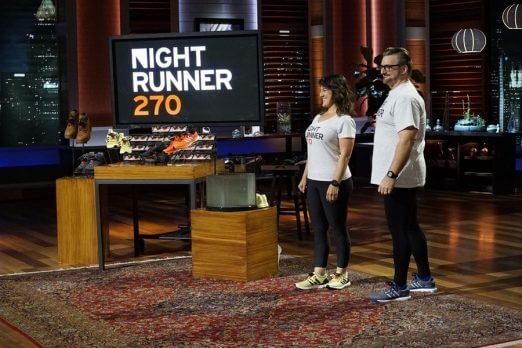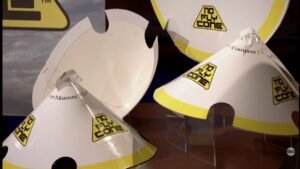Let’s crush a myth. Not every Shark Tank deal turns a hustle into a headline. Some founders leave with cash and clout—others with just a lesson and a little airtime. But every so often, a founder steps in, pitches hard, and walks out with both a check and their dignity. That’s Pinch Me Therapy Dough’s story on Shark Tank. If you think it’s just playdough for grown-ups, let’s set the record straight. This is about grit, margins, and survival after the cameras cut.
Contents
ToggleQuick Backstory: Who Brought the Dough?
Meet Nancy Rothner. She’s not your average I have an idea entrepreneur. Nancy is a clinical hypnotherapist—someone who spends her days helping people claw out of their stress holes. When you see founders solving real problems, that’s when you pay attention. Nancy didn’t take Pinch Me Therapy Dough to Shark Tank to pitch fluff. She’d already sold millions.
She built the dough because her clients actually needed a takeaway. Something to smash, squeeze, and sniff—real therapy made portable. That’s why the story clicks: this isn’t just another fidget toy. It’s therapy, but packaged so even the busiest hustler can keep their head straight.
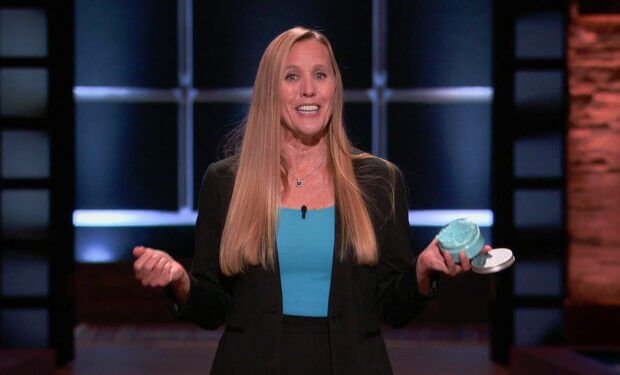
Shark Tank Pitch: What Went Down in the Tank
Shark Tank, Season 12, Episode 16. You know how those rooms get: five Sharks, one founder, and enough tension to melt an ice bath. Nancy waltzed in with a cool head and a loaded product—12 relaxing scents, plus millions in sales. Her ask? $300,000 for 7%. That’s a $4.29 million valuation. Not exactly humble, but after what she’d built, the confidence was earned.
The pitch was tight: tactile therapy plus aromatherapy. Nancy didn’t get lost in fancy words. She went straight for the pain point—stress. Not just for the wellness types, but teachers, nurses, first responders, desk warriors. Total addressable market? Massive.
Then the grilling started. Sharks poked holes in price, margins, and what stops some kid from copying this at home? Nancy handled it. She stuck to numbers, real clinical stories, and proof those sales were more than just luck during pandemic chaos.
Numbers Never Lie: Sales, Revenue, and Profits
Let’s talk numbers—the part most viewers miss while looking for drama. At the time of her 2021 pitch, Pinch Me Therapy Dough had done $5.3 million in lifetime sales. That’s not hype, that’s receipts. In 2019 alone, revenue was $1.95 million, with a profit of $584,000. That’s healthy. I’ve seen so many hot products walk in with thin or negative margins. Not this one.
2020 hit hard (thanks, pandemic), but Nancy still projected $1.2 million. She didn’t hide from the dip—she owned it, walked the Sharks through how the sales cycle shifted, and showed she could steer through market chaos. If you want Sharks to pay attention, come with strong numbers and honesty. It worked here.
It’s no McDonald’s, but for direct-to-consumer wellness? That’s real.
Net Worth: How Much Is Pinch Me Therapy Dough Worth Now?
Let’s skip the headline numbers and break down the math. On TV, Nancy valued her company at just over $4 million. Sharks didn’t bite at that. In the end, Robert Herjavec offered $300,000 for 20%. That’s a $1.5 million post-money valuation. On the surface, it’s a haircut from her ask—but remember, the offer came when the world was upside down, retail was wobbly, and every Shark looked for a pandemic discount.
Still, with $5 million-plus lifetime sales and ongoing profit, you can bet the real value was higher by 2024. Brands in wellness with strong DTC and retail channels can fetch healthy multiples—especially when they’ve survived market swings. SharkWorth, which tracks Shark Tank businesses, lists Pinch Me Therapy Dough as well above that $1.5 million TV-era number today. A founder who knows their worth can take a lower deal and use the new Shark leverage to shoot higher after the lights go off.
Deal or No Deal: Which Shark Bit, and What Changed?
Everyone dreams of the perfect deal—but seasoned founders know you rarely get what you ask. Nancy wanted $300K for 7%. Sharks countered hard—Kevin O’Leary (Mr. Wonderful) and Robert Herjavec both came in at $300K for 25%. That’s classic Tank: slash the founder’s pie to see if they’ll break.
Nancy did what smart founders do. She kept her cool and worked the offers. With Daymond circling too, she got Robert to drop his ask to 20% equity. It wasn’t her ideal number, but in a risk-heavy year, that’s a strong hand. She shook on $300,000 for 20%. Not cheap, but you pay for the heat the right Shark brings.
As for the deal closing? Some Shark Tank deals never get signed after the show. But by all recent accounts, Nancy and Robert pushed forward—no drama, no controversies, and steady growth since. Even if the deal terms shifted post-show (as they often do), the Shark support was real.
After the Tank: What Happened After the Cameras Cut?
Here’s what every entrepreneur should really care about: what happens after that Shark Tank bump fades. Most products get a spike, then stall. The winners know how to double down on new eyeballs and keep the sales flowing.
Pinch Me Therapy Dough didn’t just coast. The company went all in on new scent drops, smarter packaging, and a retail game that went deeper—think hospital gift shops, boutiques, and wellness spaces, not just Amazon and the company site. Nancy kept the pitch message sharp: stress is universal, and her dough is the portable solution.
Did the company ride the wellness wave that started during COVID? Absolutely. But Nancy didn’t rest on pandemic sales. She tested new marketing hooks and tapped real therapists for credibility. Most Shark Tank success stories fade when they forget to innovate. Pinch Me kept things fresh and relevant.
Does Pinch Me Therapy Dough Still Sell?
Short answer: yes, and it’s moving in more places than ever. This isn’t a Shark Tank one-hit wonder. Pinch Me Therapy Dough keeps selling through their website, Amazon, and various retail partners. There’s demand from wellness pros, parents, teachers, stressed workers—pretty much anywhere a little calm is needed.
Some scent drops sell out on the regular. That’s a good sign the brand hasn’t lost steam. The product keeps its relevance because it’s easy, affordable, and—unlike your average stress ball—it smells good and actually works. It’s not changing the world, but it’s helping people get through messy mornings and tough afternoons. Sometimes, that’s all you need.
And in the crowded health and wellness race, staying in the lane and hitting steady sales is the real mark of a survivor product. That’s more than most Shark Tank brands ever achieve.

Final Take: What Pinch Me Therapy Dough Teaches Every Entrepreneur
Here’s what every hustler, founder, and would-be Shark Tank star should pull from this story. Nancy Rothner didn’t sell a toy—she sold relief. She bootstrapped her way to millions, walked into the Tank with solid numbers, and didn’t crumble when the Sharks bit low. She took the deal she could get, then did the work to make it worth more.
Want to get funded? Bring sales proof, own your market, and know your margins. But also be ready to take a deal that might sting a little—if it gives you the rocket fuel you need. The game really starts after the pitch, when real customers (not just Sharks) decide if your idea can last.
Pinch Me Therapy Dough doesn’t get viral headlines like Scrub Daddy, but it’s a case study in smart, steady hustle. If you want your product to stick past its “Shark Tank moment,” remember to pivot, to listen, and to keep every scent and SKU dialed into customer demand.
I’ve seen plenty of brands make a splash one season, only to fade into trivia the next. Pinch Me Therapy Dough? Still swimming—proof that sometimes, slow and steady can outlast flash and hype in the business tank.
FAQs
1. Is Pinch Me Therapy Dough still in business?
Yes, Pinch Me Therapy Dough is very much alive. Sales are steady, and the product continues to launch new scents and packages.
2. Where can I buy Pinch Me Therapy Dough now?
You can buy it directly from their website, on Amazon, or at select retailers and gift shops across the country.
3. Did Robert Herjavec’s deal with Pinch Me Therapy Dough actually close?
By all 2024 reports, the deal moved forward after the show. No public fallout or split—so chalk this up as a closed deal.
4. What’s the current net worth of Pinch Me Therapy Dough?
On Shark Tank, the deal valued Pinch Me at $1.5 million. Recent growth suggests the real number is much higher today, according to SharkWorth.
5. Who is Nancy Rothner and what inspired her to launch the product?
Nancy Rothner is a clinical hypnotherapist who designed the dough for her stressed-out clients, then turned it into a business.
6. Which scents are the most popular?
Scents like Spa, Ocean, and Citrus keep selling out. Popularity shifts as new scents drop, but those are steady winners.
7. Has the company expanded its product line since Shark Tank?
Yes, there are more scents and packaging options now. They target both retail and direct-to-consumer channels.
8. Did the COVID-19 pandemic hurt or help sales long-term?
It shook up sales, but didn’t kill momentum. As wellness stayed in focus post-pandemic, demand rebounded.
9. Are there any big competitors or knock-offs facing Pinch Me now?
Like any good product, imitators pop up on Amazon and elsewhere. But authentic branding and clinical roots still set Pinch Me apart in the wellness space.
So, next time you watch a Shark Tank pitch and think, Would that really make money?—look for the founder who knows their numbers, knows their customers, and isn’t afraid to leave money on the table if it means they stay in business for the long haul. That’s the Pinch Me Therapy Dough lesson. And for my money? It’s one of the best, most honest ones Shark Tank has shown in years.


